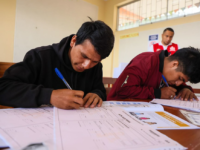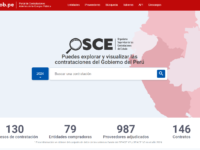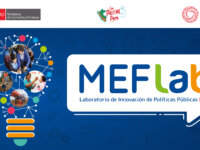BI Project
Correcting Misperceptions About Trends and Norms to Address Weak Collective Action – Experimental…
Finding ways to encourage collective action in contexts where only a minority adopts the desired behaviour is central to solving many of today's global environmental problems. We study how correcting people's beliefs about social norms and behavioural trends encourages collective action in a setting where the desired behaviour is not yet prevalent. In a field experiment, we test whether low sign-up rates for a municipal recycling program in urban Peru can be increased by providing information…








